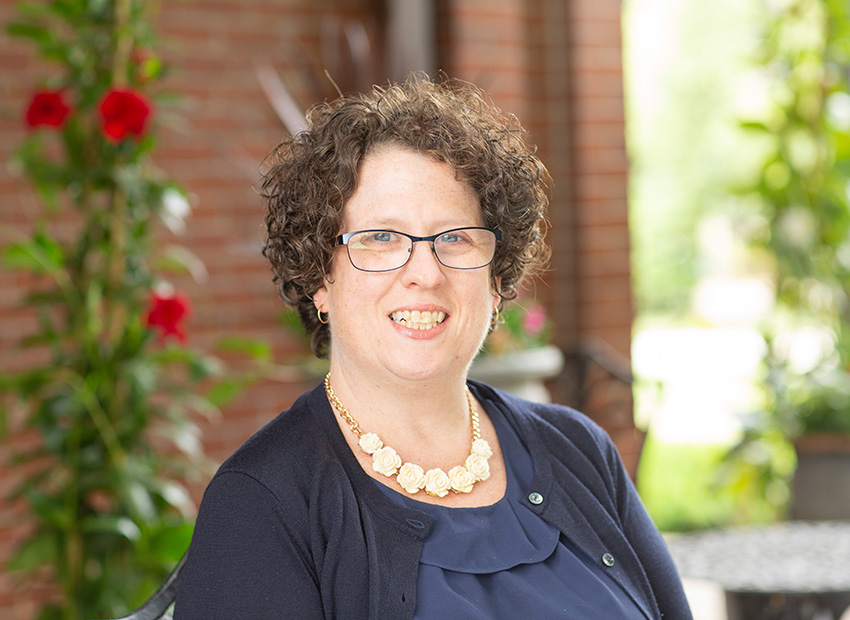What is a Net Price Calculator?
The net price is the cost that a family will pay for college out of pocket either through cash flow, savings, or borrowing. A net price calculator (NPC) is a tool found on colleges’ admission websites and can be used to estimate the cost of attendance even before a student applies for admission. When using an NPC, be sure to have updated financial information, such as recent bank statements and federal tax returns. Information entered into these calculators is not saved to the college’s website or tied back to the student.
Let’s discuss some of the positive aspects of the NPC, as well as its shortcomings.
The Good
- The sticker price of college can be shocking and it might even deter a student from applying to particular schools. However, many families often do not end up paying the published sticker price, and NPCs can help users assess true affordability.
- This tool may help a family decide if it makes sense to apply early decision; if the numbers work for the family and the school seems like a good financial fit, then early decision may be a wise strategy.
- An NPC might inspire a student to add private colleges to their list. Though private colleges may have higher sticker prices, merit scholarships or need-based financial aid could bring their net price down to a level more in line with a public college.
The Bad
- While these tools can be helpful, an NPC may not be completely accurate. All colleges are required to have NPCs, but these tools are not standardized, and some information and formulas can be outdated.
- Many calculators factor only need-based aid, not merit aid, into their output. Additionally, the NPC offers only an estimate, and aid is not guaranteed. Your student must wait to receive their acceptance letters and financial aid offers to find out what merit scholarships and need-based aid they have been offered.
- NPCs use data from previous years, which means utilizing these calculators too early can provide information that may no longer be accurate by the time a student applies to college. Additionally, the same amount of money may not be available year to year and schools can change how they award funds.
- If you have had a change in circumstances, an NPC will not be able to estimate how that change will impact aid or even if the school will factor in that change. You will still need to work with the school’s financial aid office in those situations.
- NPCs do not work for everyone. They were developed for the student heading off to college for full-time study after high school. Students who wish to transfer, attend school part-time, or who are returning to college later in life will be unable to use NPCs to get an idea of affordability.
- There is no standard NPC. Some institutions have simplistic calculators while others’ tools are more robust. Bare bones tools may ask families to provide income ranges that often end slightly over $100,000, leaving a significant unknown for those who make more but might have some eligibility for need-based assistance. Talk with the financial aid office
if you still are not completely sure if the college is the right financial fit for you.






